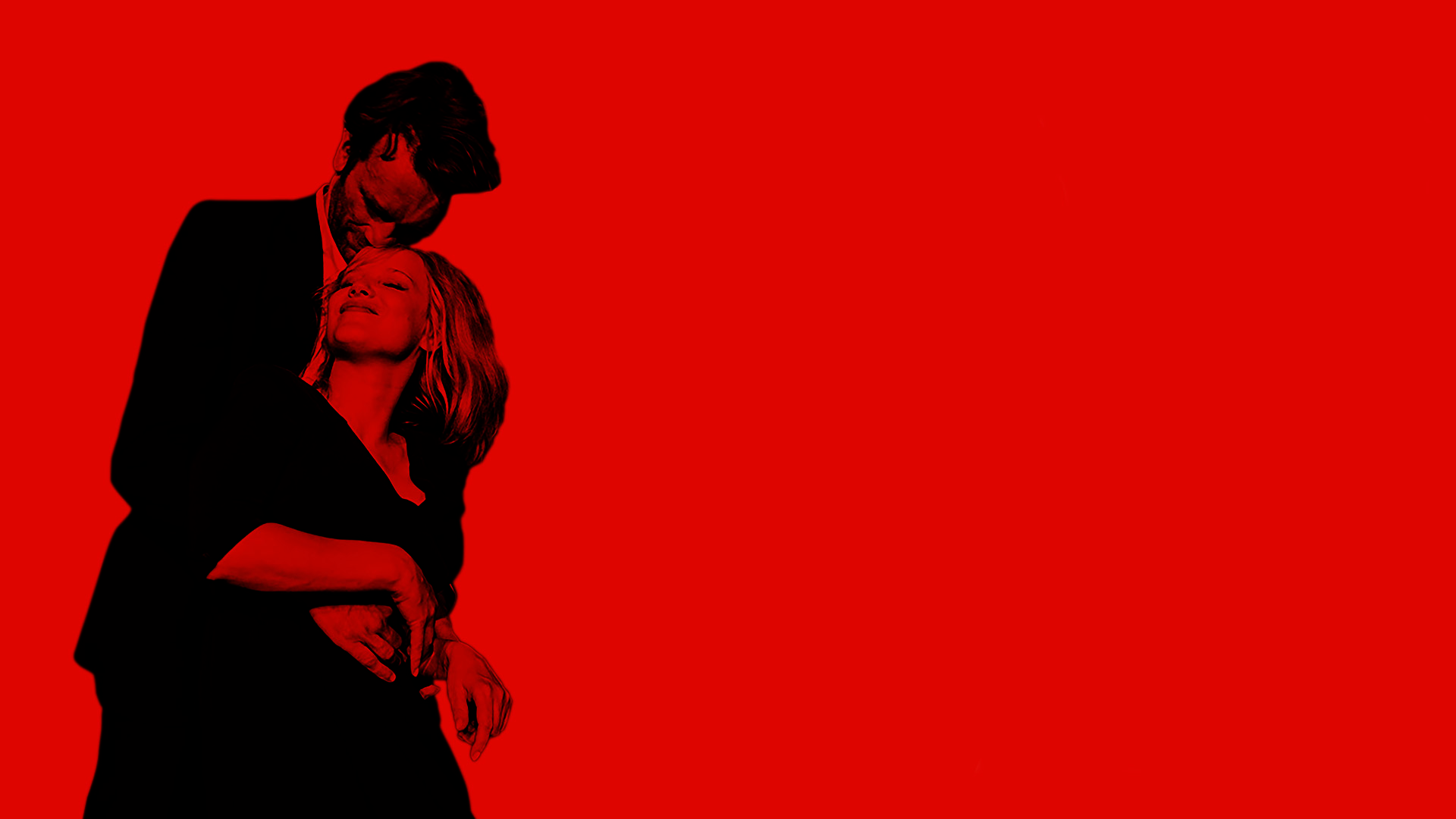Polish director Pawel Pawlikowski’sCold War revolves around a tumultuous love affair drawn from the experience of his parents (to whom the film is dedicated). The focus is, as you’d expect, personal and intimate.
But the epochal sweep of the title promises more. Set in Poland, Berlin and Paris from the late 1940s to the mid-1960s, the film has ambitions to say something about Europe’s divided history, especially in Pawlikowski’s native land – much like his Oscar-winning 2013 movie Ida. It’s a tricky balance: capturing the whims and impulses of a love affair between two temperamental people on the one hand, and accounting for the tectonic shifts of European politics on the other. Pawlikowski doesn’t quite pull it off but the effort is remarkable to behold.
Cold War begins, like the era itself, just after the Second World War. In rural Poland Wiktor, a musician in his 30s (the rake-thin, languidly handsome Tomasz Kot), is touring out-of-the-way villages with his musicologist colleague (and sometime lover) Irena recording and cataloguing the traditional music kept alive by the local peasants. (The songs, filmed like the rest of the movie in creamy black and white, are hauntingly performed – Cold War is, among other things, a kind of musical).
Some time later Wiktor and Irena are auditioning people from the surrounding villages for places in a state-run academy dedicated to Polish folk art and at these open-call sessions Wiktor spots Zula (the remarkable Joanna Kulig). Zula is a striking-looking young woman. She is beautiful and poised with a penetrating look, her eyes diamond-hard jewels of ambition and self-possession. And Wiktor is smitten.
Coursing between Wiktor and Zula is a dynamic of mutually assured destruction far more potent than ever existed between Western Europe and the Eastern Bloc
Seeing her lover fall for this younger woman, Irena calmly informs Wiktor that Zula has served time in prison for murdering her father. The truth is more complicated than that – or so Zula says when Wiktor reports this rumour back to her – but it’s appropriate the shadow of violence hangs over their first encounter. The affair that Wiktor and Zula embark on is passionate, but over the long years of their on-off relationship, conducted on both sides of the Iron Curtain, they inflict on one another increasingly ingenious forms of emotional and physical harm.










